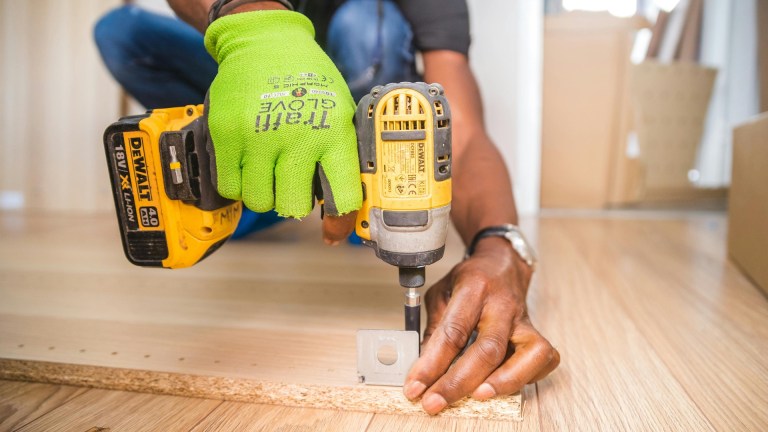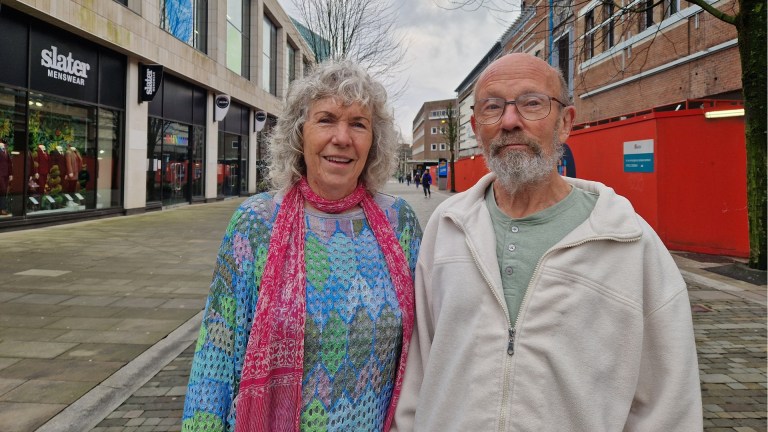This statistic was sat at 456,447 days in 2016-17 – a 45.3 per cent increase on the previous year that can be attributed to ‘awaiting care package in their own home’.
The report identifies 12 examples of how people receive care outside of hospital wards as well as articulating the housing offer provided by associations and local authorities.
These include: ‘step down beds’ to provide support for older people leaving hospital who are not immediately ready to return home, extra care and health and wellbeing services as well as home improvements to boost safety and sustainability.
This is an opportunity we mustn’t miss – there is a strong case for scaling up work with housing associations
One of the schemes featured in the report, One Housing Group, found that savings were made of between £400 and £700 per person per week in excess bed days.
The group provides 10 more ‘step down beds’ within London’s Roseberry Mansions extra care scheme, allowing them to relearn skills and get support from a team of occupational therapists, physiotherapists, social workers and support workers.
The report calls on the contributions – which are often small-scale and localised – to be extended out across the country.
Advertising helps fund Big Issue’s mission to end poverty
The conclusions suggest that an increase in the number of housing step down units or beds nationally and more housing staff seconded to discharge teams locally to coordinate and speed up transfers of care can help introduce more saving for the NHS.
Housing associations are natural partners for the NHS and are ready to do more
Care packages to help prevent people from needing to go into hospital in the first place and to reduce re-admissions and commitment to facilitating robust evaluation of this solution may also improve the situation.
Helen Rowbottom, Policy Officer at the National Housing Federation, said: “Delayed transfers of care come with a huge price tag for the NHS and at a high personal cost for patients.
“But housing associations have been hard at work. As this report shows, their innovative schemes are already helping the NHS make substantial savings and enabling individuals to make a full recovery.
“Housing associations are natural partners and are ready to do more. Helping people out of hospital requires coordinating partners and services in the community.
“While this can be time-consuming for hospital staff, housing associations can do this effectively as landlords and providers of vital care and support services.
Advertising helps fund Big Issue’s mission to end poverty
“This is an opportunity we mustn’t miss – there is a strong case for scaling up this work. The sector is ready to partner with NHS commissioners to find the best way of doing this and, in the process, reduce pressure on vital but overstretched NHS resources.”










